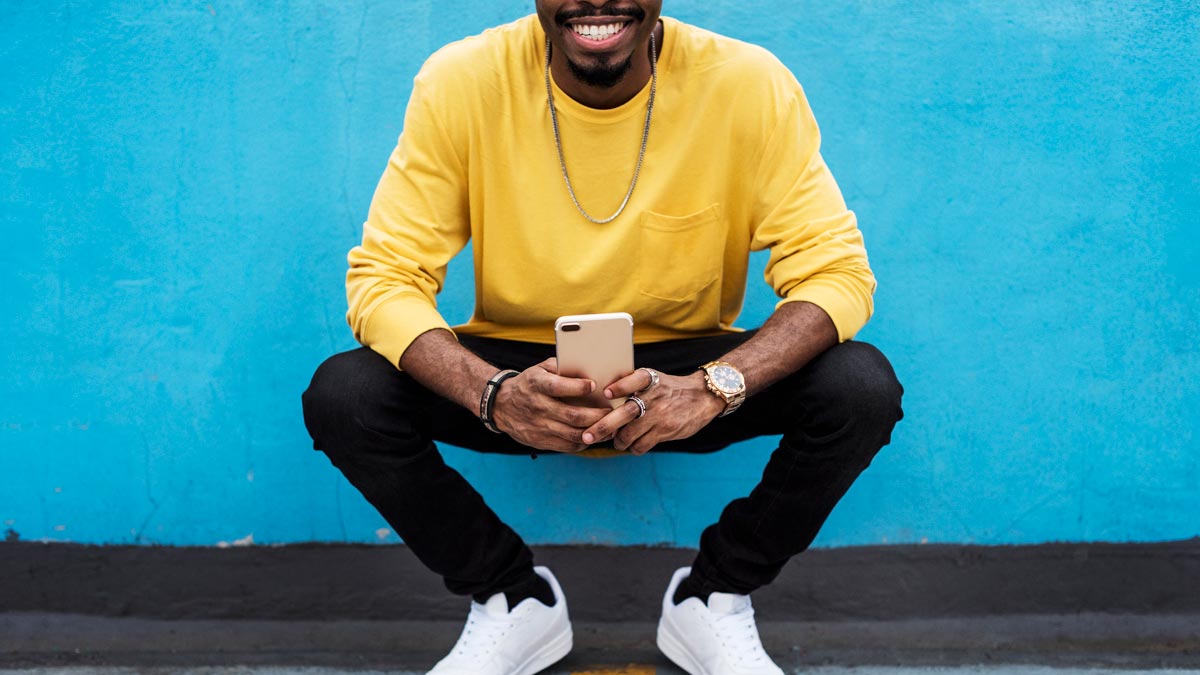Five reasons gay dating apps are bad for you
Being time-poor is no longer the exception – it’s the rule. Using gay dating apps seems, on the face of it, easier and less time-consuming than more traditional forms of dating.
On the apps, the pool of potential partners is infinitely bigger. The ease of use trumps the complications of in-person interactions.
You can do your vetting anywhere, be it the comfort of your bed or a bathroom stall.
Text-based communication allows you to reply at your own convenience. To bask in the attention of multiple apparent suitors.
Present your ultra-refined, whip-smart, sexy, side-cracking funny ideal self. Never face the pain of real rejection.
But all of this comes at a considerable cost. Countless a think piece has lamented the effect dating apps have had on interpersonal connection.
Namely, they create an environment that fosters judgment rather than true vulnerability. This diminishes our chances of being truly known and embraced by another human being.
Then there’s the fact that the efficiency we so value is an illusion. Rather than saving time, we may ultimately be squandering it.
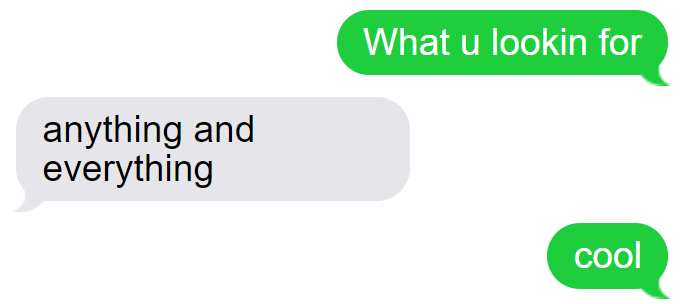
Table of contents
1. Gay dating apps ask us to forgo being authentic
Out of necessity, we change to suit our audience. We become whoever we need to be, curating images and text in order to secure whatever it is we want at that moment of time, be it company for dinner or a bedfellow for the hour.
In doing so, we avoid the risks involved with being vulnerable. But we also lose touch with our fundamental desire to be seen, recognized, and accepted for our authentic selves.
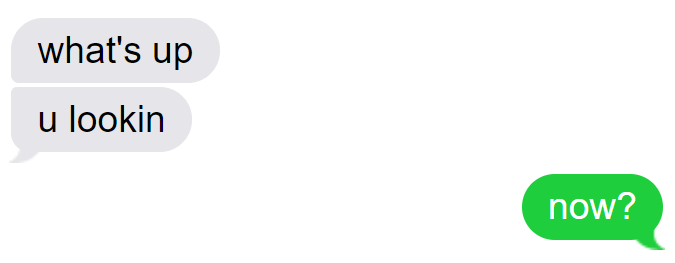
2. They force us to trade our deeper needs for transitory wants
Gay dating apps ask us to select romantic or sexual partners on the basis of specific traits.
While this is supposed to help us narrow our vast options, it forces us to take a very limited view. We prematurely choose or reject candidates on the basis of our current, often superficial ideas of what we think we want.
But what we “want” is not necessarily consistent, but contextual and ever-changing. For example, we all have our dealbreakers, but we also have “negotiables”.
Depending on our mood or appetite, we might be open to one trait today, and another tomorrow.
My point is this: by treating online dating as a game of elimination, fixating on a preset “shopping list”, we lose sight of what we are all truly need and are seeking: meaningful connection.
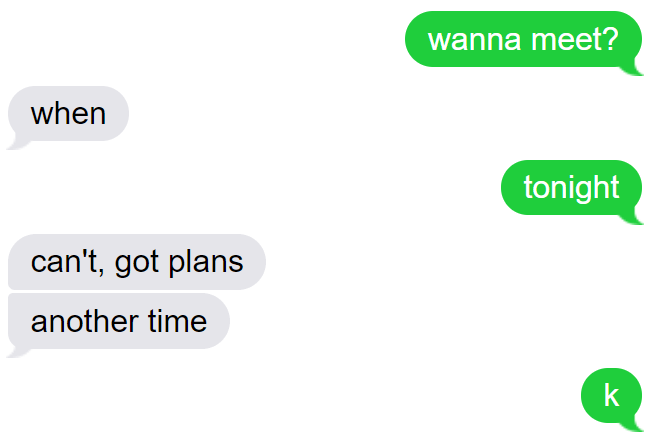
3. Gay dating apps leave us stuck in a state of perpetual ‘looking’
Keeping interactions going on the apps can often feel like a war of attrition, with our conversational partners appearing and disappearing suddenly and often without reason.
So we are forced to participate in relational multitasking, maintaining multiple interactions at the same time. This guarantees us a stream of almost constant attention, and therefore validation.
In order to sustain the game of juggling candidates, we have to cast our nets wide and keep our options open.
We become as much motivated by desire as by fear: fear of missing out (FOMO), and fear of better options (FOBO).
By focusing on the process of searching at the expense of actual discovery, we may lose all internal bearings.
Rather than self-reflecting, we become caught up in the chemical thrill of pursuing or being pursued.
If we are not careful, we may find ourselves relationshopping, going from cultivating our options to selecting, engaging, sampling and disposing.
Having revised our ever-shifting tastes, we then rinse and repeat, in a neverending cycle.
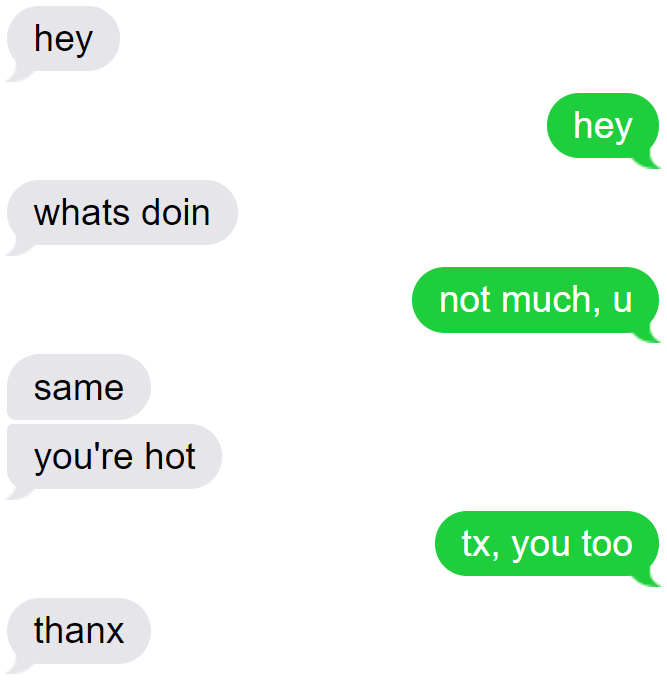
4. They trivialize ourselves, and others
Admit it: the apps have at one point made you feel this way. Some of us even actively engage in such trivializing, advising other users to “relax, it’s just Grindr” while professing to “not take this app too seriously”.
It’s true that for many, gay dating apps are just – and will only ever be – a means of fun distraction. Got a few minutes to burn?
Hop on, ping a few cute strangers, trade some banter, swap a few photos, before inevitably turning your attention back to real life.
Gay dating apps in this sense are part of a smartphone and social media-inspired design shift towards casual gaming.
They employ mechanisms to keep you entertained and to reward engagement, be it through audible notifications, features like “woofs”, “taps”, or other apparent acknowledgments of your worth or attractiveness.
These mechanisms trivialize interactions, resulting in the following shift in our priorities:
| Seeking connection → | Seeking entertainment |
| “I want to forge a genuine connection with another human being.” → | “I’ll treat interactions as just fun and games, and other people as a means for personal validation.” |
| Being focused → | Seeking distraction |
| “I would like to pursue a single, valued person on the basis of a connection and compatibility.” → | “I’ll put my eggs in a few baskets, with minimum investment, and no specific, consistent goal in mind.” |
| Being purpose-driven → | Being opportunistic |
| “I am seeking the companionship of another person to help satisfy my need for connection.” → | “I’ll seek whatever I want, according to my current desires and the options on hand.” |
Seeking entertainment and distraction opportunistically guarantees you some amount of “fun”…but not a whole lot else.
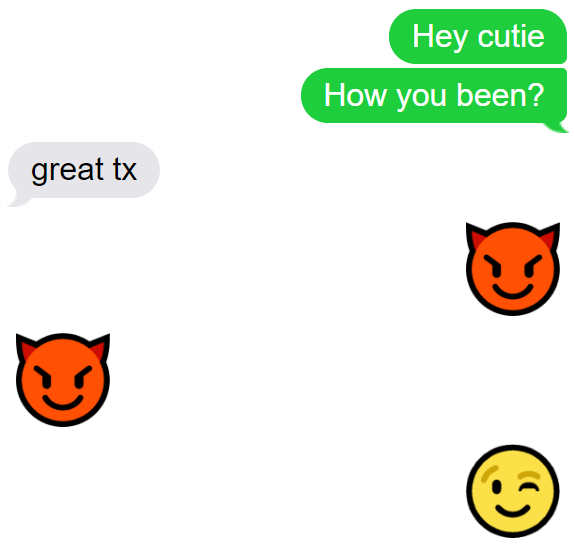
5. They foster dependency
Gay dating apps put us in a state of imbalance. In order to keep conversations going, we must lend them our attention across the day and night.
Continued use means continued validation. Our self-value may become contingent upon positive reinforcement from others.
Over time, the stress of having to constantly seek this reinforcement compounds, corroding our sense of wellbeing and feeding anxiety and depression.
If your gay dating app experience is proving toxic for your mental health, here are some steps you can take to kick the habit.
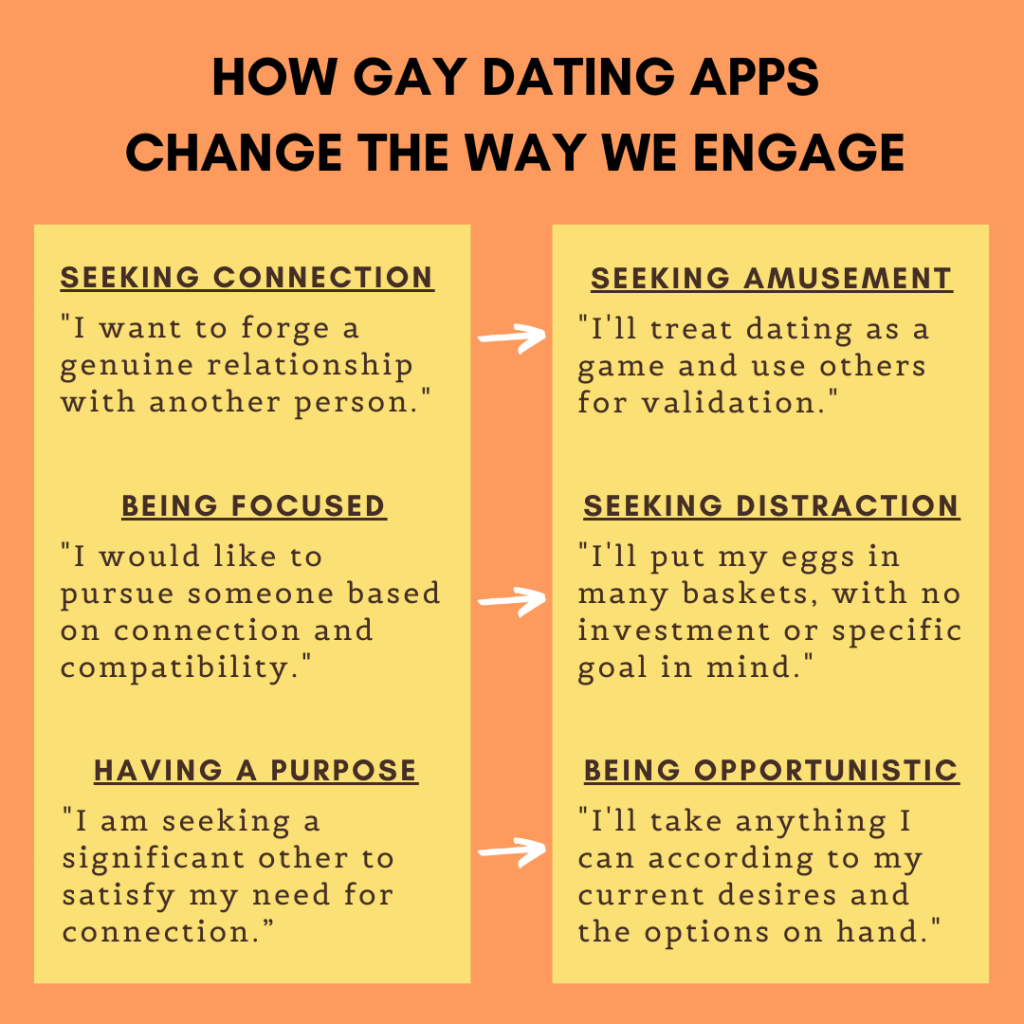
Takeaways
- When using gay dating apps, we “curate”, concealing our authentic selves.
- These apps encourage us to “look” outwards, rather than practice introspection about what we most need.
- The nature of our interactions on gay dating apps is trivializing and often demeaning.
- We may learn to depend on app-based validation – and suffer when we don’t receive it.

Essy Knopf is a therapist who likes to explore what it means to be neurodivergent and queer. Subscribe to get all new posts sent directly to your inbox.
© 2025 Ehsan "Essy" Knopf. Any views or opinions represented in this blog are personal and belong solely to the blog owner and do not represent those of people, institutions or organizations that the owner may or may not be associated with in professional or personal capacity, unless explicitly stated. All content found on the EssyKnopf.com website and affiliated social media accounts were created for informational purposes only and should not be treated as a substitute for the advice of qualified medical or mental health professionals. Always follow the advice of your designated provider.


